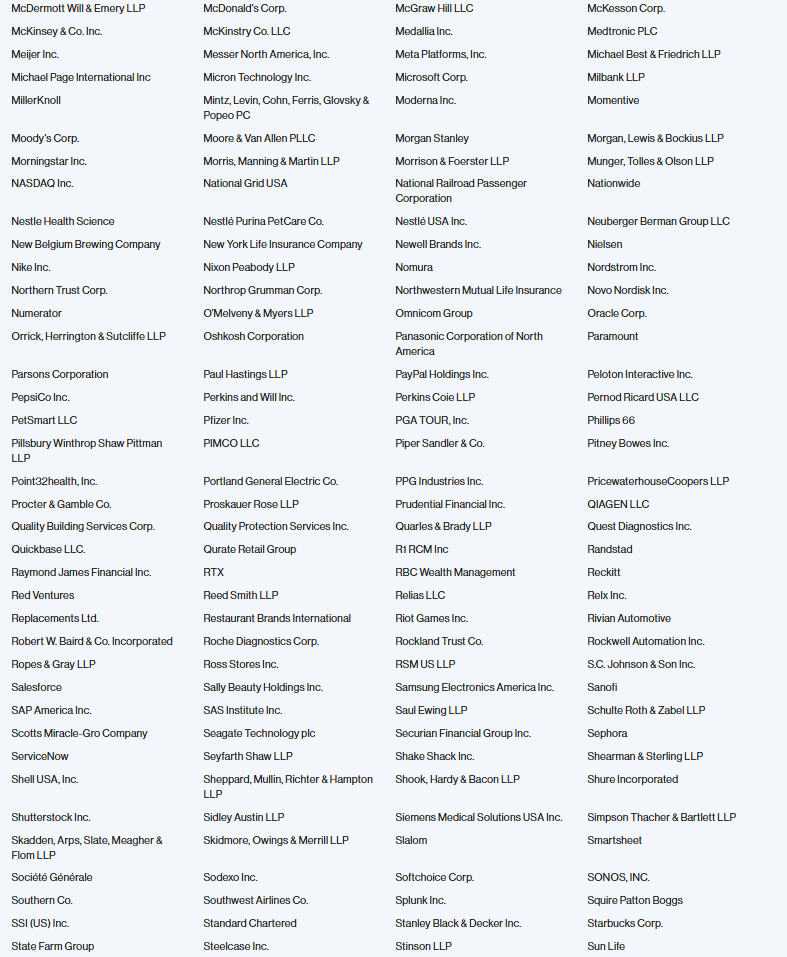Why did Jaguar do the thing?
Why did Harley do the thing?
Why is every company doing the thing and alienating their consumer bases-- bases they understand more than they understand themselves?
Environmental, Social, Governance (ESG)
A 🧵
Why did Harley do the thing?
Why is every company doing the thing and alienating their consumer bases-- bases they understand more than they understand themselves?
Environmental, Social, Governance (ESG)
A 🧵
ESG stands for Environmental, Social, and Governance. It's a framework used to measure a corporation's impact on society and the environment. Sounds harmless, right? Nope.
The term gained traction from the UN’s "Principles for Responsible Investment" (2006), a global effort to integrate environmental and social concerns into investment decisions. Major financial players like BlackRock and Vanguard popularized it.
The official reasoning was to ensure "sustainable" business practices, reduce risks tied to climate change, and promote diversity and equity.
ESG creates a "score" for companies.
A high ESG score signals compliance with certain values—carbon reduction, diversity quotas, etc. A low score marks you as a risk. Investors, banks, and governments use this score to decide your access to capital.
A high ESG score signals compliance with certain values—carbon reduction, diversity quotas, etc. A low score marks you as a risk. Investors, banks, and governments use this score to decide your access to capital.
The framework isn't neutral. ESG criteria are set by unelected bodies—global financial institutions, NGOs, and think tanks. They decide which values matter and how they're measured.
It’s about control. If a corporation doesn’t comply, they face exclusion from financial markets, restricted access to loans, and public smears. It’s extortion dressed up as virtue.
It shifts corporate priorities.
Instead of serving customers and shareholders, companies must serve political agendas. Profits take a backseat to meeting arbitrary ESG targets—often at the expense of employees and consumers.
Shareholders give way to "stakeholders."
Instead of serving customers and shareholders, companies must serve political agendas. Profits take a backseat to meeting arbitrary ESG targets—often at the expense of employees and consumers.
Shareholders give way to "stakeholders."
Take energy as an example:
Fossil fuel companies are penalized with low ESG scores. This limits their funding and pushes investment toward "green" initiatives, even if those alternatives are unproven, more expensive, less reliable, or less efficient.
Fossil fuel companies are penalized with low ESG scores. This limits their funding and pushes investment toward "green" initiatives, even if those alternatives are unproven, more expensive, less reliable, or less efficient.
ESG is a Trojan horse. It’s sold as a tool for progress, but it’s a backdoor to enforce ideological conformity across industries. If you control the money and incentives, you control the decisions.
ESG isn't about making businesses better.
It’s about making businesses obedient. The question isn't whether corporations should act ethically—it’s who decides what “ethical” means.
It’s about making businesses obedient. The question isn't whether corporations should act ethically—it’s who decides what “ethical” means.
ESG centralizes power, erodes free markets, and imposes a one-size-fits-all ideology on every business and consumer.
Why did Jaguar do the thing? Extortion.
Why did Jaguar do the thing? Extortion.
Jaguar did the thing, knowing full well that they would commit "brand suicide." But Jaguar did the calculus and determined that doing brand suicide was the LESS EXPENSIVE path forward; it was better than taking the ESG hit, which is worse.
Also see: Corporate Equality Index (CEI), among other wicked instruments of control.
• • •
Missing some Tweet in this thread? You can try to
force a refresh










